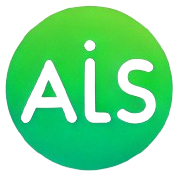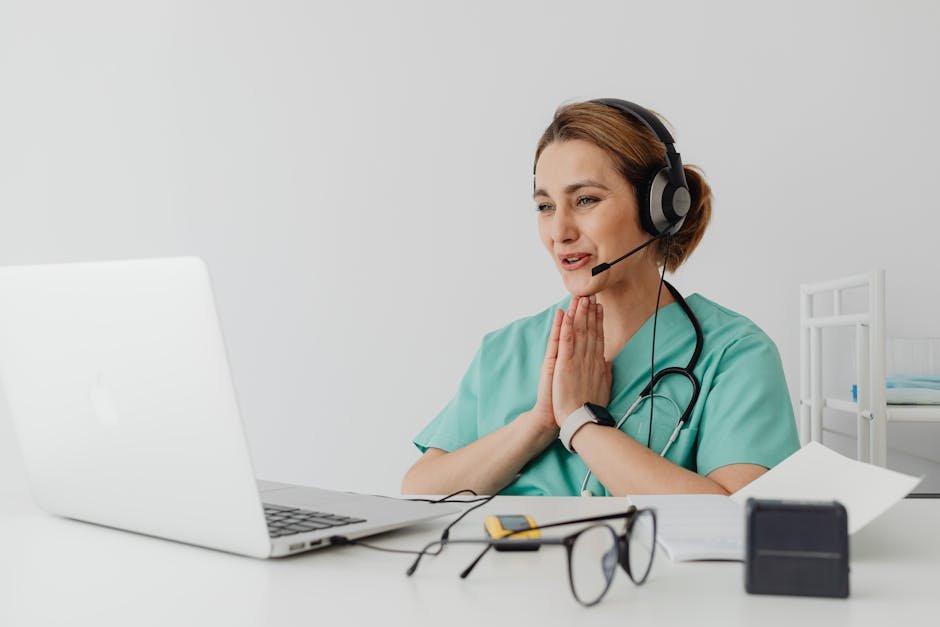Unlocking HIPAA-Compliant Telemedicine Solutions: A Comprehensive Guide
Telemedicine has dramatically transformed the healthcare landscape, offering patients convenient access to medical services while enabling healthcare providers to deliver care remotely. However, with the increasing reliance on telemedicine, ensuring patient data security and privacy has become a paramount concern. This is where HIPAA-compliant telemedicine solutions play a crucial role.
Understanding HIPAA Compliance in Telemedicine
The Health Insurance Portability and Accountability Act (HIPAA) sets the standard for protecting sensitive patient data. Any entity handling protected health information (PHI) must ensure that all the required physical, network, and process security measures are in place and followed. This includes telemedicine providers who must comply with HIPAA regulations to safeguard patient privacy and confidentiality.
Key HIPAA Requirements for Telemedicine Providers
1. Secure Communication: Telemedicine platforms must use encrypted communication channels to prevent unauthorized access to patient data during transmission.
2. Data Storage: Patient information should be stored securely, with access restricted to authorized personnel only. Backup and recovery procedures must also be implemented.
3. Access Control: Telemedicine solutions should have mechanisms in place to authenticate users and control access to patient data based on the principle of least privilege.
4. Audit Controls: Providers must maintain audit logs to track access to patient records, detect security incidents, and monitor the integrity of electronic PHI.
Choosing a HIPAA-Compliant Telemedicine Solution
When selecting a telemedicine platform, healthcare providers must ensure that it meets HIPAA requirements to avoid potential data breaches and compliance violations. Here are some key features to look for in a HIPAA-compliant telemedicine solution:

1. End-to-End Encryption
Look for a telemedicine platform that employs end-to-end encryption to secure all communications between patients and providers. This ensures that sensitive information remains confidential and protected from interception.
2. Secure User Authentication
The platform should offer robust user authentication mechanisms, such as two-factor authentication, to verify the identities of users and prevent unauthorized access to patient data.
3. Data Storage Protection
Ensure that the telemedicine solution includes secure data storage capabilities, with encryption at rest to safeguard patient information stored on servers or in the cloud.
4. HIPAA Business Associate Agreement (BAA)
Any third-party service providers involved in the telemedicine platform should sign a BAA, acknowledging their responsibility to maintain HIPAA compliance and protect patient data.
5. Compliance Monitoring Tools
Choose a telemedicine solution that offers built-in compliance monitoring tools to track access to patient data, detect security incidents, and generate audit reports for regulatory purposes.
Best Practices for HIPAA-Compliant Telemedicine
In addition to choosing a HIPAA-compliant telemedicine solution, healthcare providers should follow best practices to enhance data security and privacy in telemedicine:
1. Train Staff on HIPAA Compliance
Ensure that all personnel involved in telemedicine services receive training on HIPAA regulations, including handling patient data securely and responding to security incidents.
2. Conduct Regular Risk Assessments
Perform routine risk assessments to identify vulnerabilities in your telemedicine infrastructure and implement measures to address potential security threats.

3. Implement Secure Telemedicine Policies
Establish clear policies and procedures for telemedicine practices, including guidelines for data encryption, user authentication, and access control to protect patient information.
4. Secure Telemedicine Devices
Secure all devices used for telemedicine consultations, including smartphones, tablets, and computers, with strong passwords or biometric authentication to prevent unauthorized access.
5. Monitor Telemedicine Sessions
Monitor telemedicine sessions in real-time to ensure that patient data is shared securely and that all communications comply with HIPAA regulations.
The Future of HIPAA-Compliant Telemedicine
As telemedicine continues to evolve and expand, the need for HIPAA-compliant solutions will only grow in importance. By investing in secure telemedicine platforms, training personnel on HIPAA regulations, and implementing robust security measures, healthcare providers can deliver remote care effectively while safeguarding patient privacy.
Remember, HIPAA compliance is not just a regulatory requirement; it is a commitment to protecting patient data and building trust in telemedicine services. Choose your telemedicine solution wisely, follow best practices for data security, and embrace the future of HIPAA-compliant telemedicine with confidence.
Conclusion
In conclusion, HIPAA-compliant telemedicine solutions are essential for ensuring patient data security and privacy in remote healthcare delivery. By understanding HIPAA requirements, choosing the right telemedicine platform, and following best practices for data security, healthcare providers can unlock the full potential of telemedicine while meeting regulatory standards.
Embrace the future of telemedicine with confidence, knowing that HIPAA compliance is the foundation for building trust with patients and delivering quality care in a remote setting.

